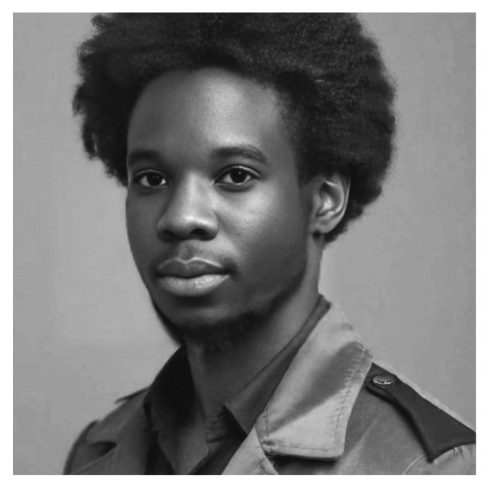
Preacher and independent researcher Mubita Liswaniso presents a historical and linguistic argument in his recent reflection, asserting that many Southern African groups classified as Bantu are descendants of ancient Hebrews, challenging colonial-era identity constructions.
This reflection draws from genealogy, which in turn finds its roots in the Book of Genesis, meaning “the beginning.” The premise is simple: identity begins with origin, and origin can be traced through language and historical memory.
It is important to understand that the study of language was the first tool used against us. Wilhelm Bleek and J. Torrend, two linguists whose work significantly influenced modern African ethnolinguistic classifications, played central roles in shaping our understanding of identity. Their conclusions left long-lasting effects on how many African communities perceive themselves today.
Wilhelm Bleek, a German linguist born in 1827, introduced the term “Bantu” after traveling to Africa in 1854. He based this classification on the shared root across several language groups between South Africa and Central Africa. Around the same time, another man of Germanic descent, Eliezer Ben-Yehuda (born Eliezer Yitzhak Perlman), was reviving Hebrew in Europe. He borrowed heavily from Yiddish and European languages to reconstruct Hebrew as a spoken language, after which European Jewish communities gradually adopted it and phased out Yiddish long before the establishment of the modern State of Israel.
While Hebrew was being revived in Europe, Bleek was redefining African identity in Africa. The question arises: Why were Europeans reviving one identity while redefining another?
Historical and biblical records indicate that after the Roman destruction of Jerusalem, many people of the Kingdom of Judah were taken into slavery. By the 16th and 17th centuries, groups identified as coming from the Kingdom of Judah were transported into Africa. The so-called Bantu expansion followed, but I believe our ancestors retained awareness of their Hebrew identity even two centuries later, when Bleek began his work.
The Lemba people of Zimbabwe provide a widely acknowledged example of African groups openly affirming their ancestral ties to Israel. Yet no effort was made to include such African communities in global Judaism. This silence, I argue, was deliberate.
My own heritage illustrates this. My mother, a Subia woman, taught me that the MaSubia trace their origin to Israel, settling first in northern Botswana along the Chobe River. This contradicts the narrative that we originated from the Tonga of Zambia. That narrative is based partly on the work of J. Torrend, a Jesuit missionary who classified several tribes under “Bantu Botatwe,” claiming they shared a linguistic expression meaning “three people.” His classification was inconsistent, and his work, I believe, was intended to blur historical memory rather than preserve it.
Two centuries are not long enough to erase the memory of origin. The tribes he grouped share more than words. They share history. They share cultural patterns. They share ancestral continuity that aligns with the tribes of Judah, Benjamin, and Levi.
Bleek, Ben-Yehuda, and Torrend each participated, knowingly or unknowingly, in separating African people from their Hebrew identity. While the identities of Hamitic and Cushitic peoples remain intact, ours was replaced with a constructed linguistic label: Bantu.
The question stands:
Why is ours the only identity that requires replacement?
The answer lies not in language, but in purpose.
END …
By Mr Mubita Liswaniso
A preacher and independent researcher.








Comments
You must log in to post a comment.